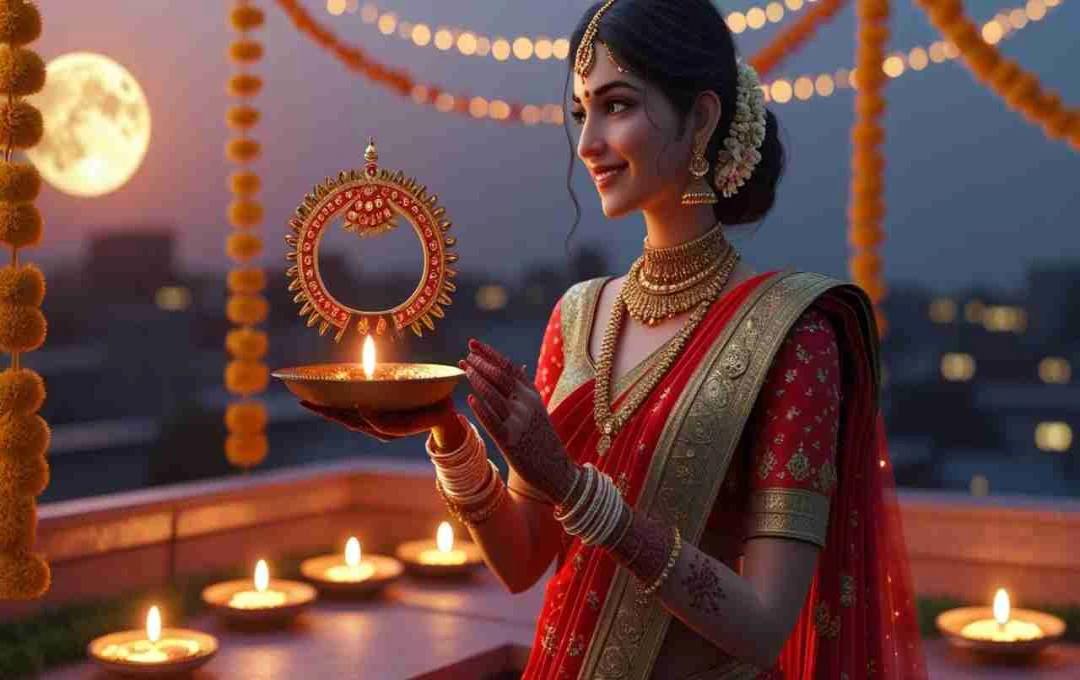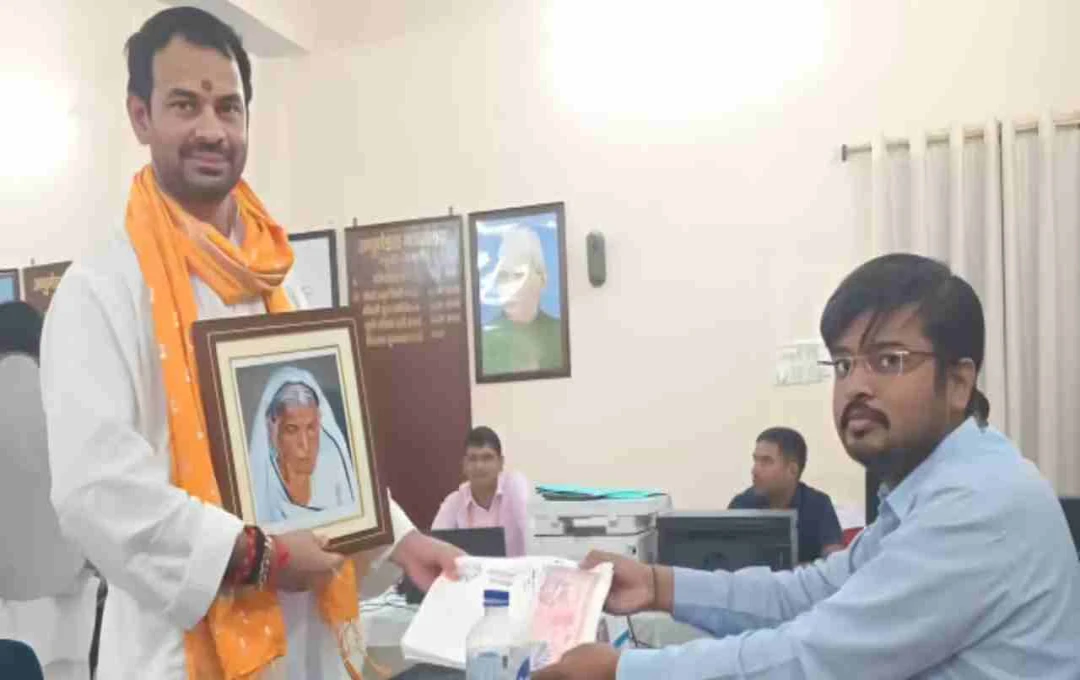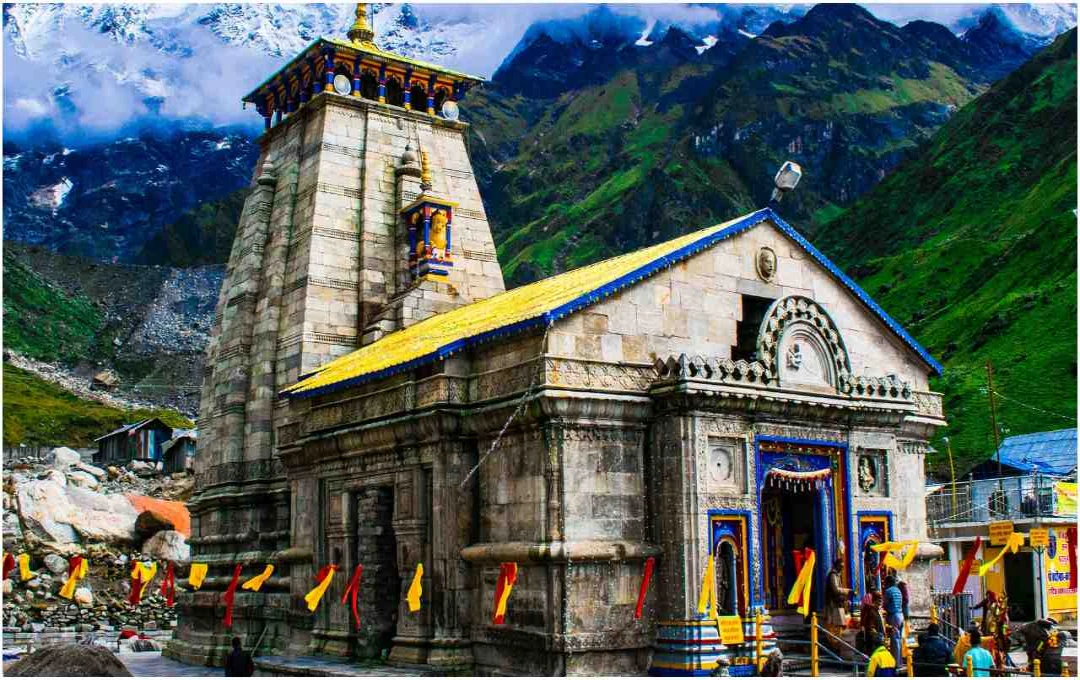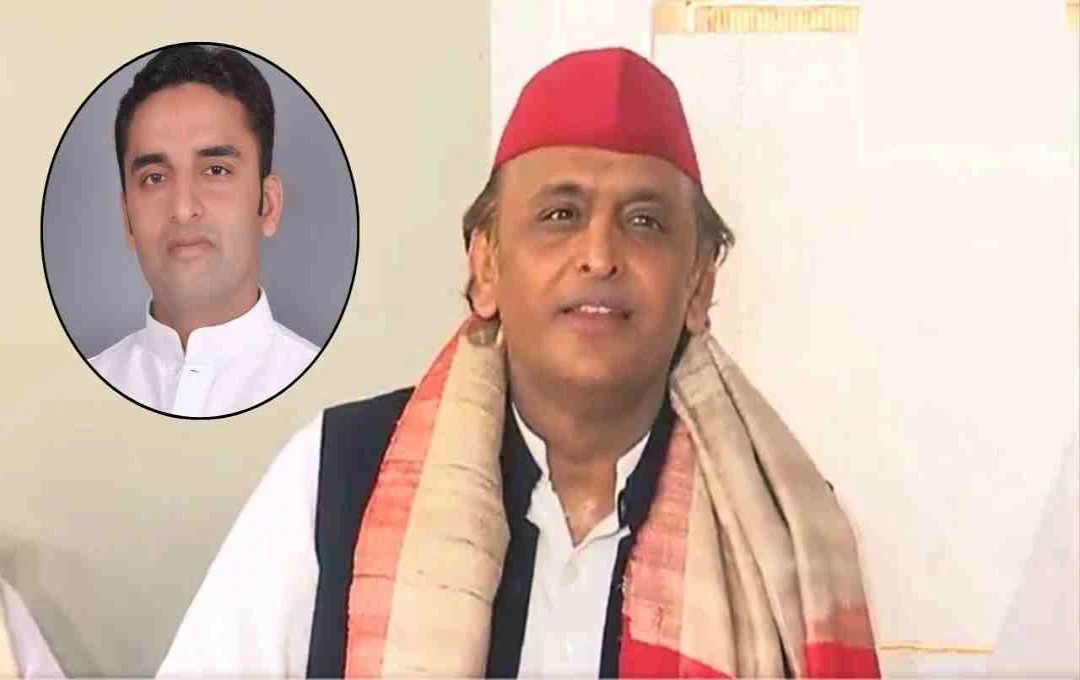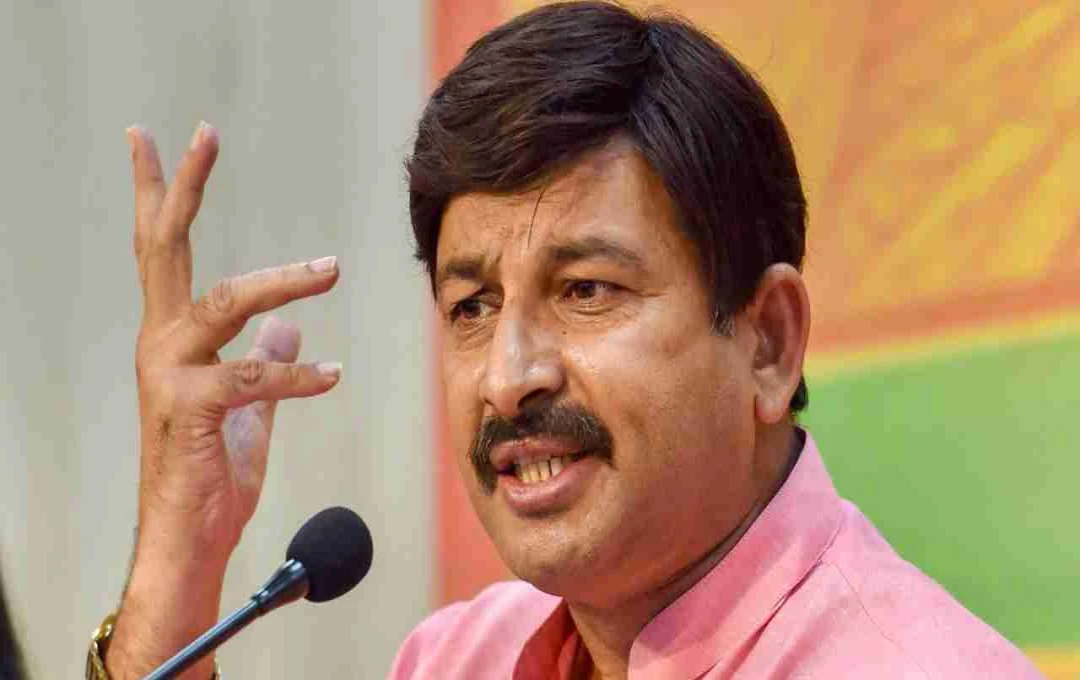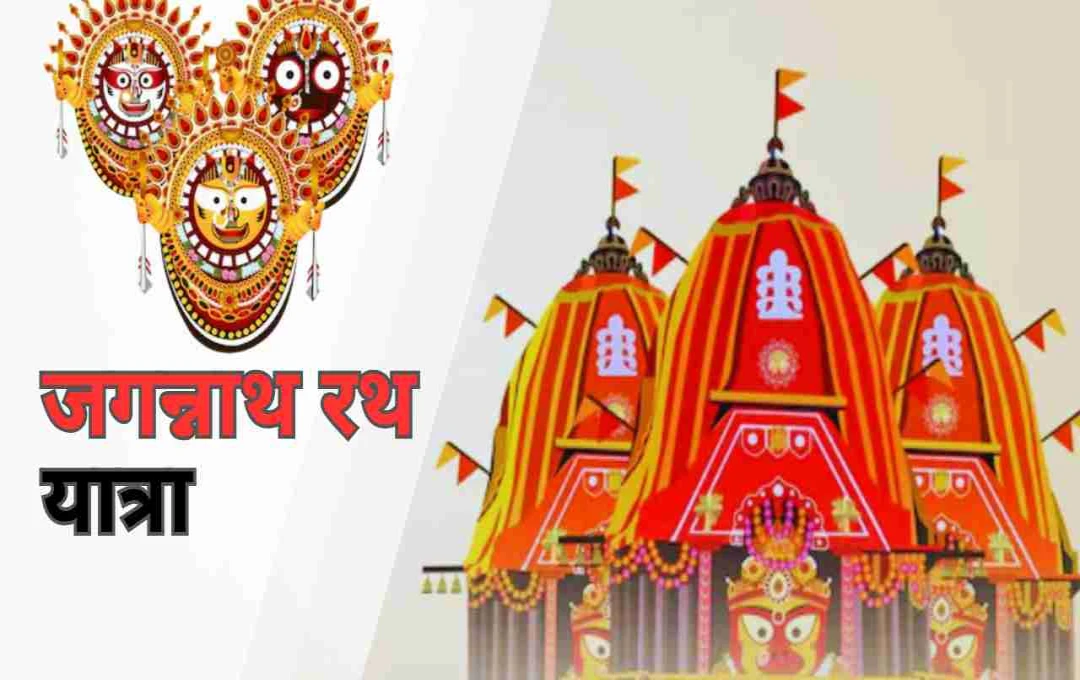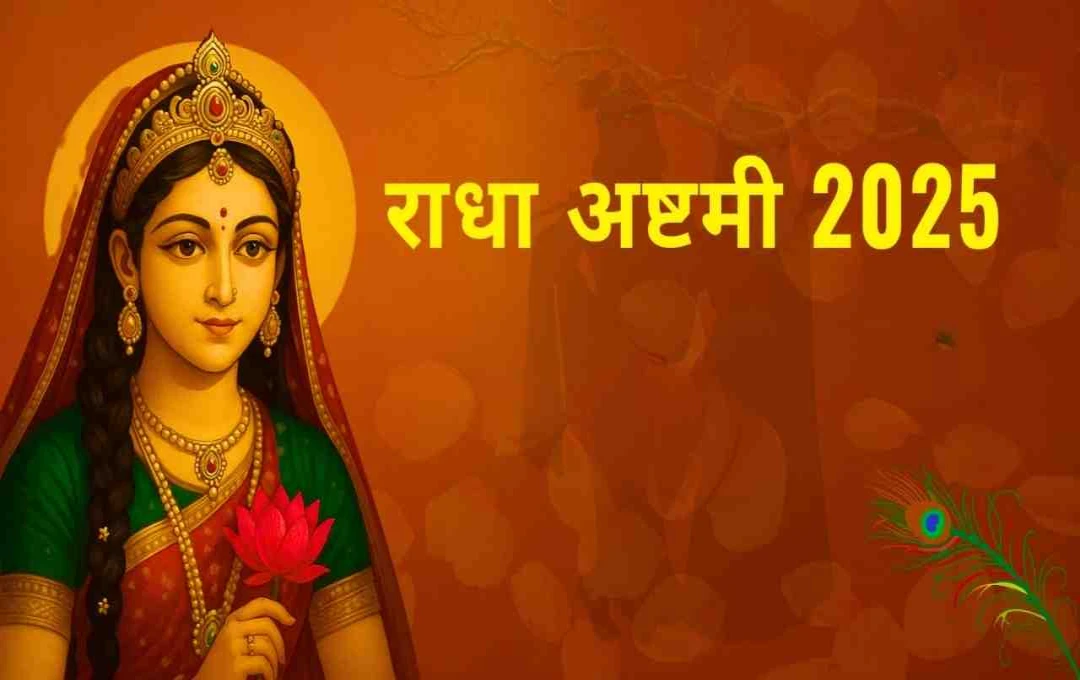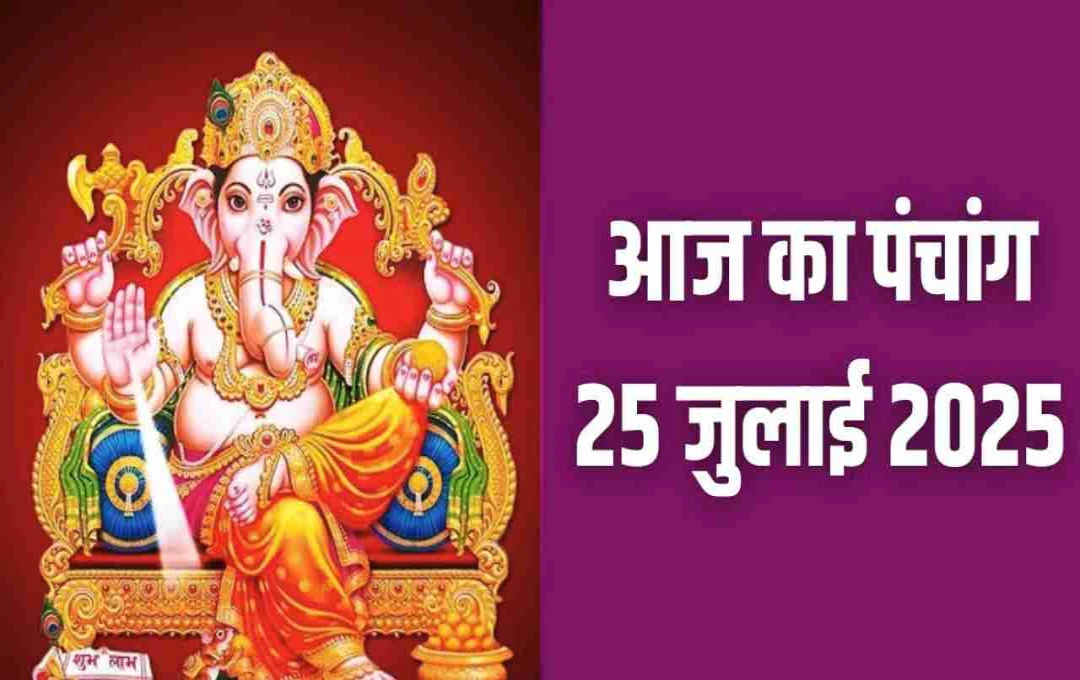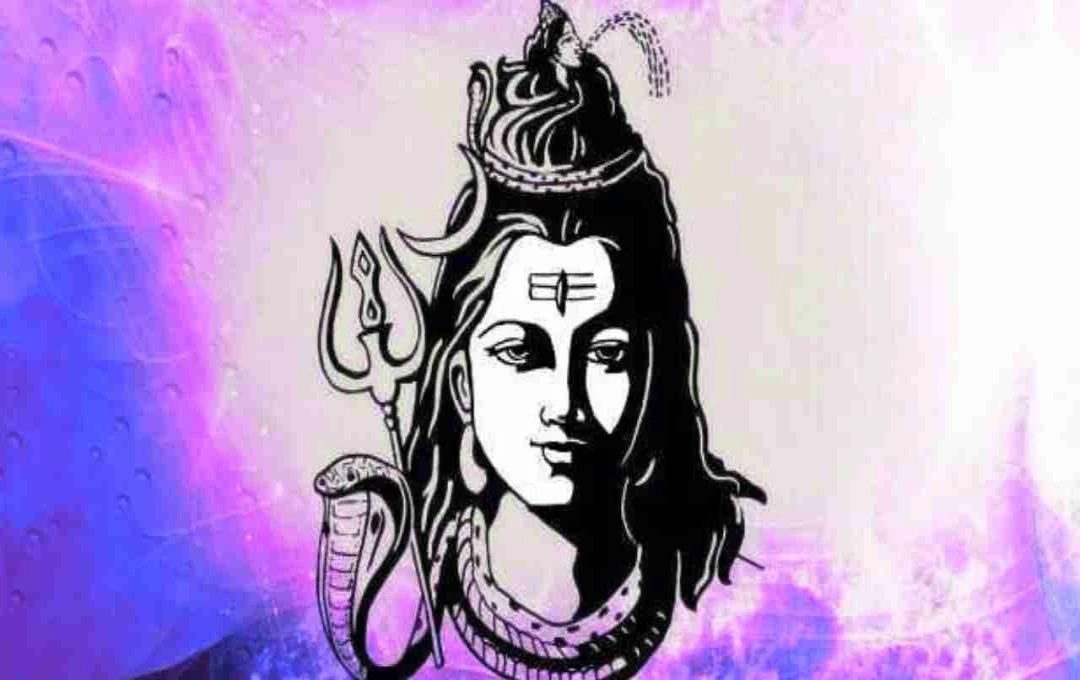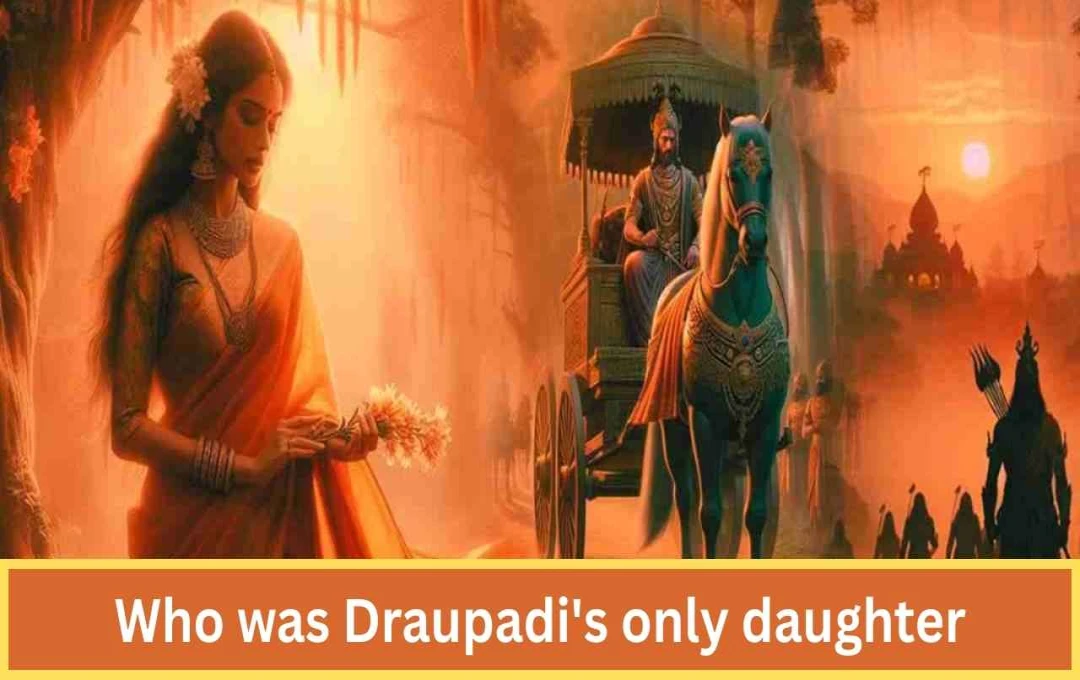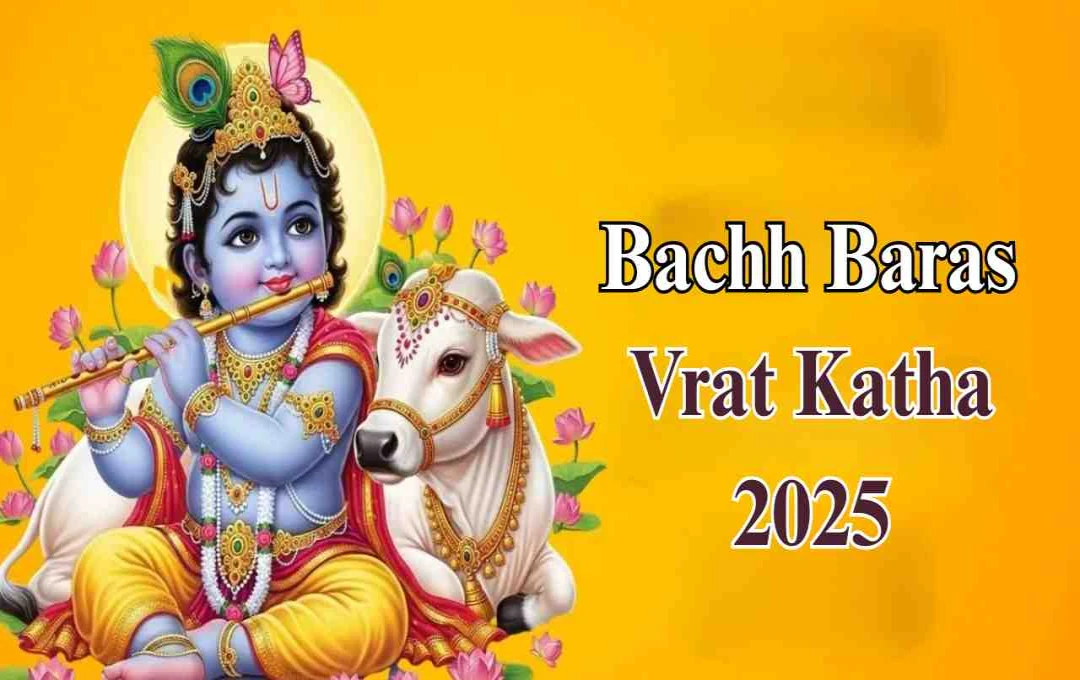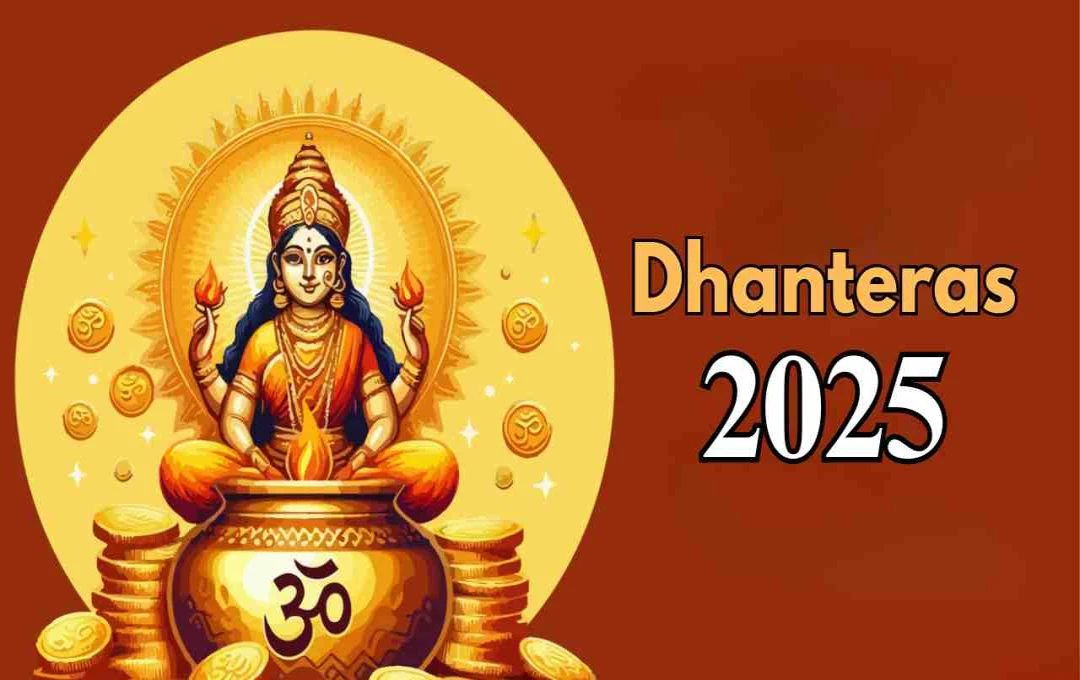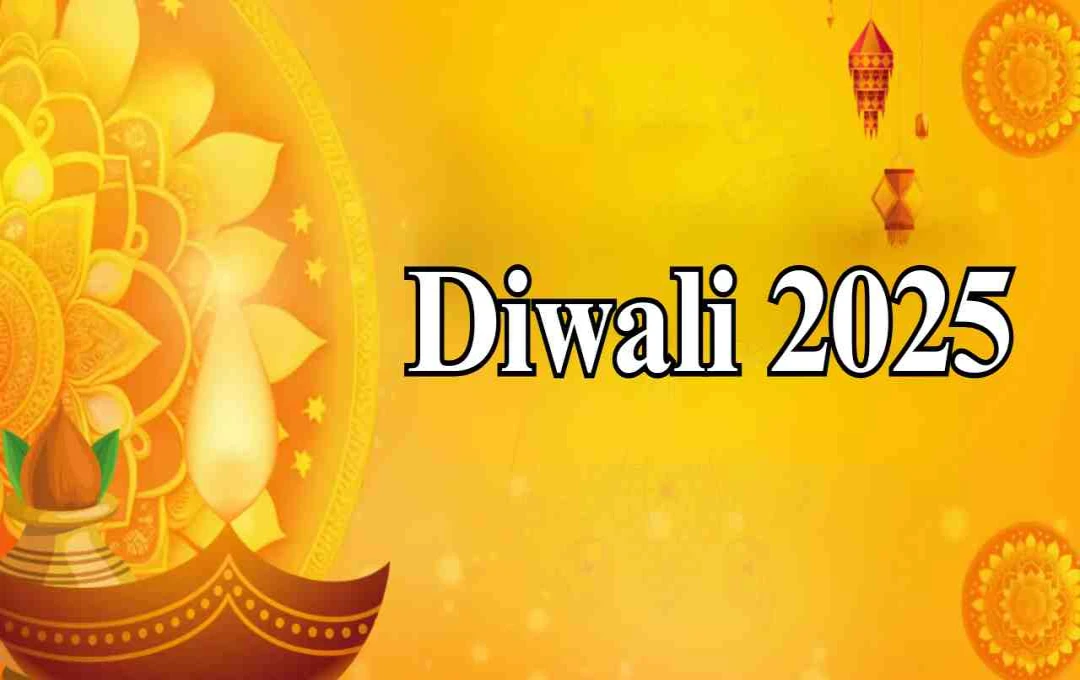In Indian culture, women hold a position of utmost respect. Festivals here are not merely religious observances; they serve as a means of strengthening relationships, expressing sensitivity, and reinforcing social values. Karwa Chauth is one such sacred and emotional festival.
Karwa Chauth holds special significance for married Indian women. Primarily celebrated in North India, wives observe a Nirjala Vrat (fast without water) praying for their husband's long life, happiness, prosperity, and health. It symbolizes a woman's devotion, love, and penance.
Meaning of Karwa Chauth and Origin of the Name
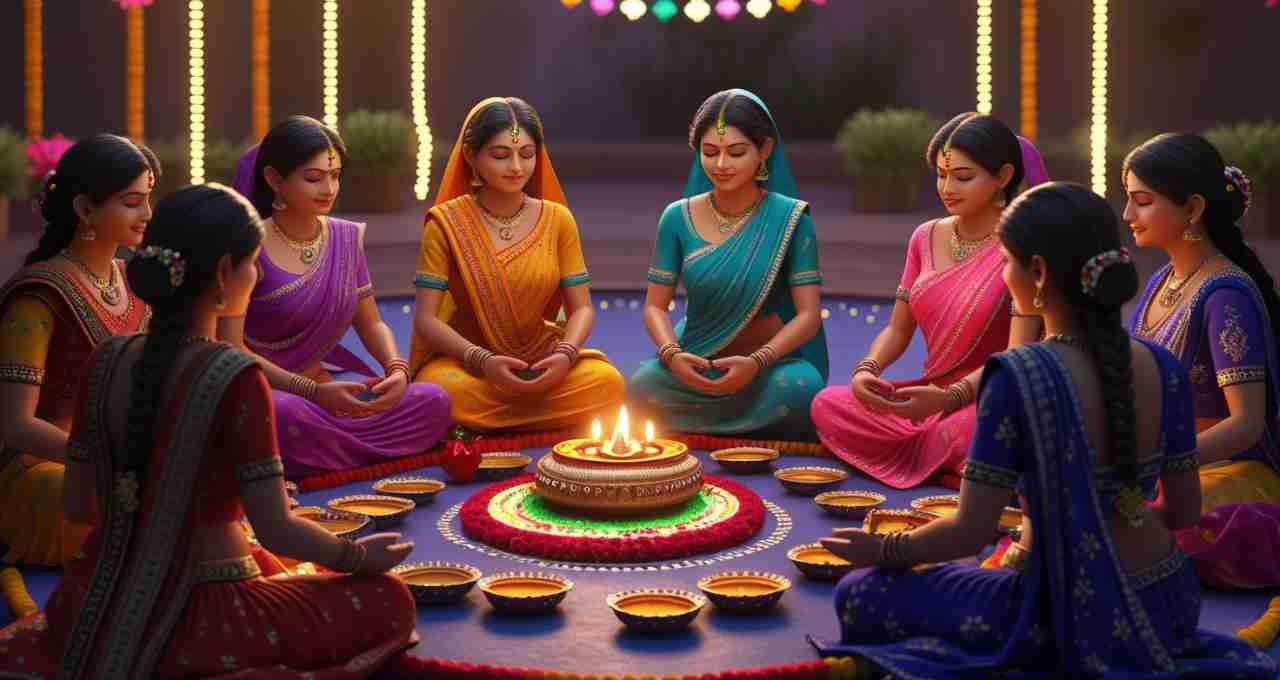
‘Karwa’ refers to an earthen pot used in worship, and ‘Chauth’ signifies ‘Chaturthi,’ the fourth day of the lunar cycle. This festival gives special importance to the Karwa (earthen pot), in which water is filled and offered to the moon.
Karwa Chauth is celebrated on the Chaturthi of Krishna Paksha in the Kartik month, typically falling in October or November.
The Legend of Karwa Chauth
Several legends are associated with Karwa Chauth, the most famous being that of Veerwati.
Veerwati was an exceptionally beautiful young woman who deeply loved her brothers. She observed the Karwa Chauth fast for the first time, praying for her husband's long life. The rigorous rules of the fast and remaining hungry and thirsty throughout the day left her extremely weak. Seeing her sister's condition, her brothers, out of concern, deceitfully showed her an artificial moon, causing her to break her fast. However, as soon as she finished, she received news of her husband's death. Overwhelmed with grief, she performed penance with utmost devotion, praying to the Goddess. Pleased by her sincere devotion and penance, Yamraj (the god of death) restored her husband's life.
This story became an example of love, faith, and determination, and since then, the festival has been celebrated with great enthusiasm by women every year.
Historical and Cultural Aspects of Karwa Chauth
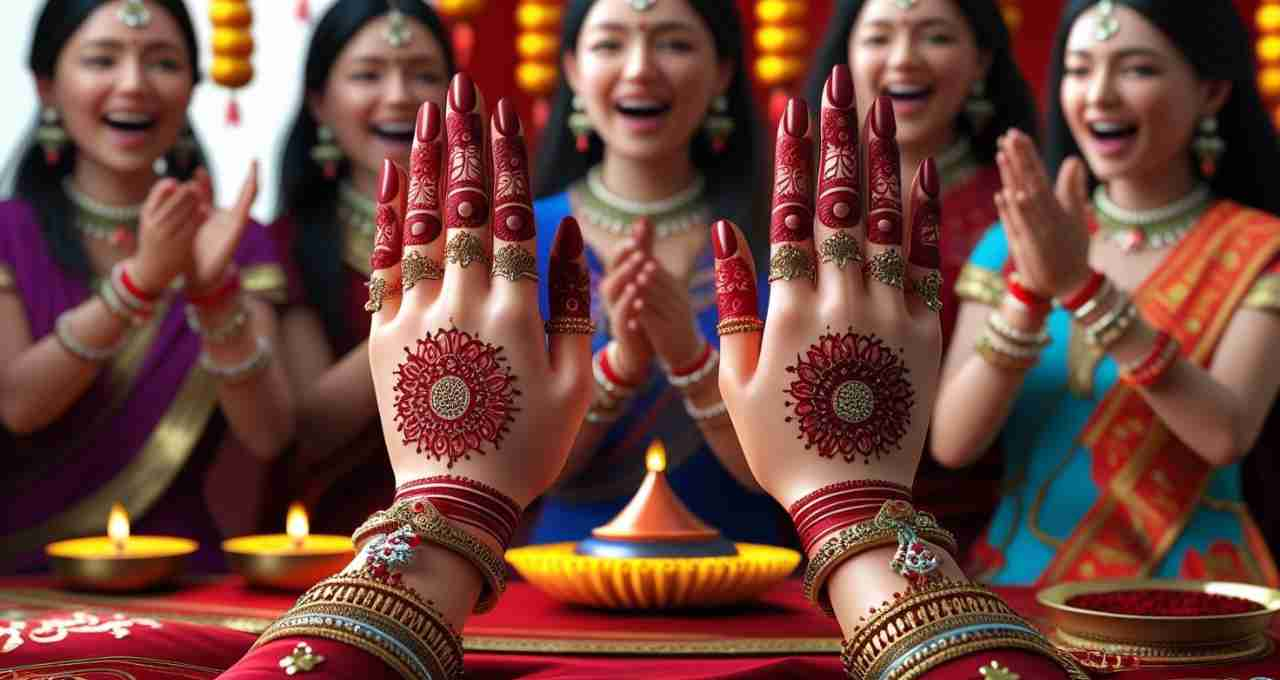
Karwa Chauth is also mentioned in history. In ancient India, when kings went to war, their wives would observe this fast for their husband's safety and victory. This fast wasn't just a personal expression of love; it was also a prayer for the protection of the nation and society.
This festival bestows spiritual strength, mental fortitude, and social respect upon women. The collective act of women adorning themselves, singing together, and wishing each other well gives it the character of a social festival.
Rituals and Puja Process
The Karwa Chauth fast is highly disciplined and devout. It begins with:
- Sargi (pre-dawn meal)
Sargi is the meal given by the mother-in-law to her daughter-in-law before sunrise. It includes sweets, dry fruits, fruits, mathri (a type of savory biscuit), halwa, etc. It symbolizes love and blessings.
- A day-long Nirjala Vrat (fast without water)
On this day, women observe a fast without food and water from sunrise to moonrise. It is a test of restraint, strength, and devotion.
- Adornment and Puja
In the evening, women wear beautiful clothes, especially red or pink sarees or lehengas. They adorn themselves with henna, a bindi on their forehead, bangles, earrings, and a mangalsutra.
- Karwa Puja
In the evening, women gather, listen to the Karwa Chauth story, and worship the Karwa (earthen pot). The puja thali (offering plate) contains a lamp, fruits, sweets, rice, roli (red powder), etc.
- Offering to the Moon and Breaking the Fast
At moonrise, women offer water to the moon through a sieve and then, after seeing their husbands, break their fast. The husband gives his wife water to drink and sweets to eat, completing the fast.
Karwa Chauth and the Modern Era
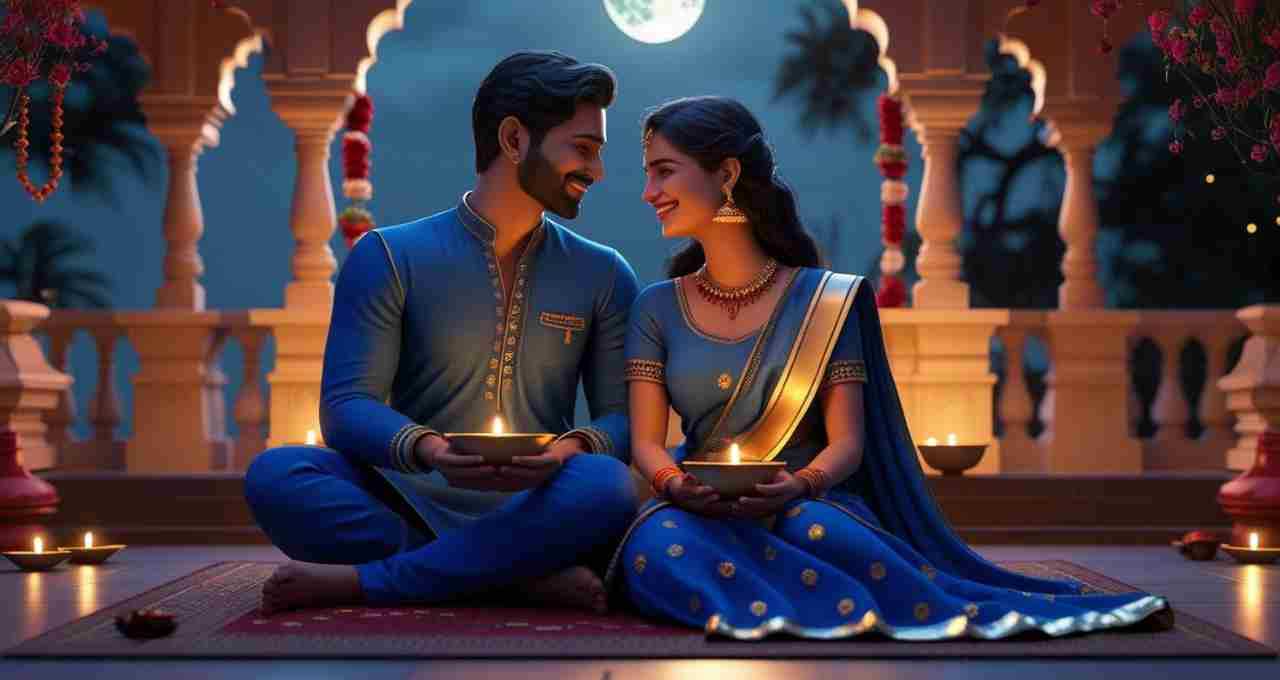
In today's fast-paced modern era, where relationships are becoming increasingly formal, festivals like Karwa Chauth have emerged as a beautiful means of fostering love and intimacy.
Now, many husbands also observe the fast for their wives, making this festival a symbol of equality and mutual respect. Social media showcases Karwa Chauth celebrations, reflecting the couple's unity and love.
Folk Songs, Mehndi, and Tradition
Songs and stories hold special significance for women during Karwa Chauth. Traditional folk songs reflect the longing for the husband's long life and love. Women collectively sing songs like 'Karwa Chauth Ki Katha,' 'Chanda Mama,' and 'Kunwari Kanyaon Ka Vrat'.
Henna is considered auspicious on this day. It is believed that the darker the henna, the ber the husband's love.
Social Significance
Karwa Chauth is not just a fast; it is also a symbol of social harmony and women's empowerment. When women collectively observe the fast and perform puja, it promotes mutual cooperation and emotional bonding.
This festival allows women to experience self-strength, patience, and faith. In today's times, when distances are growing in relationships, the Karwa Chauth fast is once again becoming a link to reconnect relationships.
For Unmarried Girls as Well
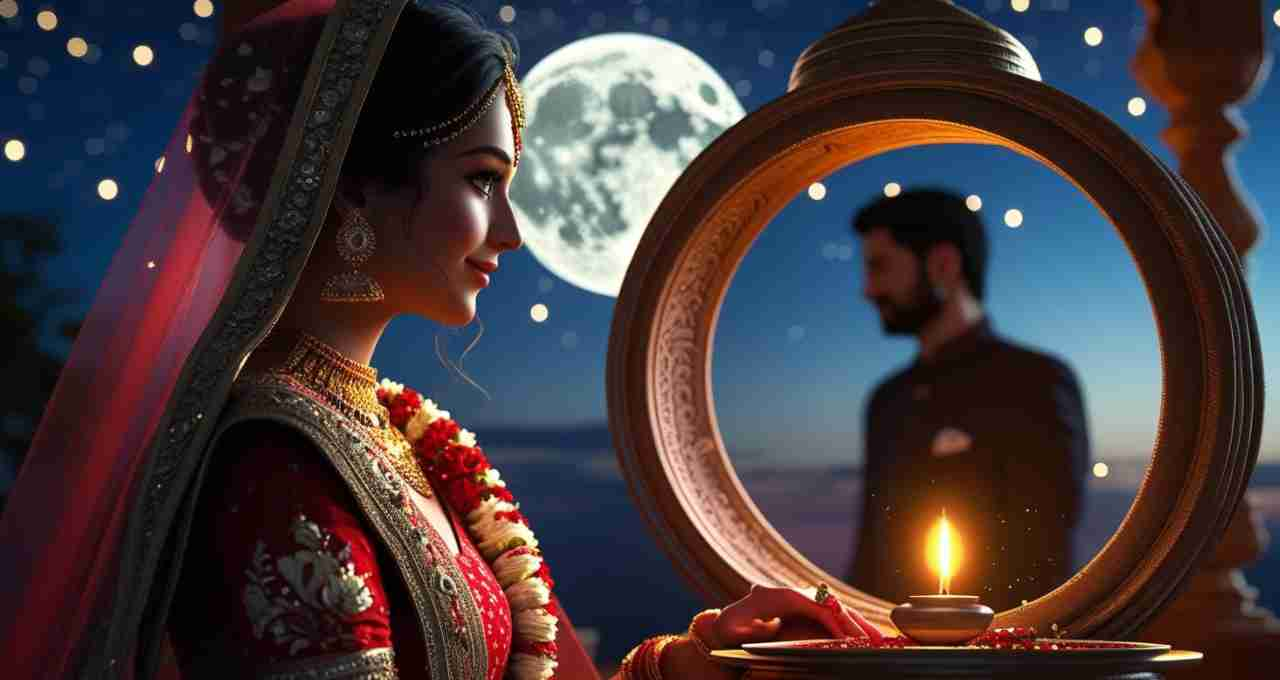
In some places, unmarried girls also observe this fast, wishing for a desirable husband. With complete faith, they eat Sargi, observe the Nirjala Vrat, and pray to the moon god for an ideal husband.
Karwa Chauth in Different Regions
Although Karwa Chauth is mainly celebrated in North India—Punjab, Haryana, Delhi, Rajasthan, and Uttar Pradesh—it has now become popular throughout India.
In Punjab, it is celebrated like a festival—with Bhangra, Gidda (folk dances), colorful programs, and the exchange of gifts. In Rajasthan, a 'bindi' (forehead dot) is applied to the Karwa, the story is narrated, and the Karwa is rotated thirteen times.
Beliefs Associated with Karwa Chauth
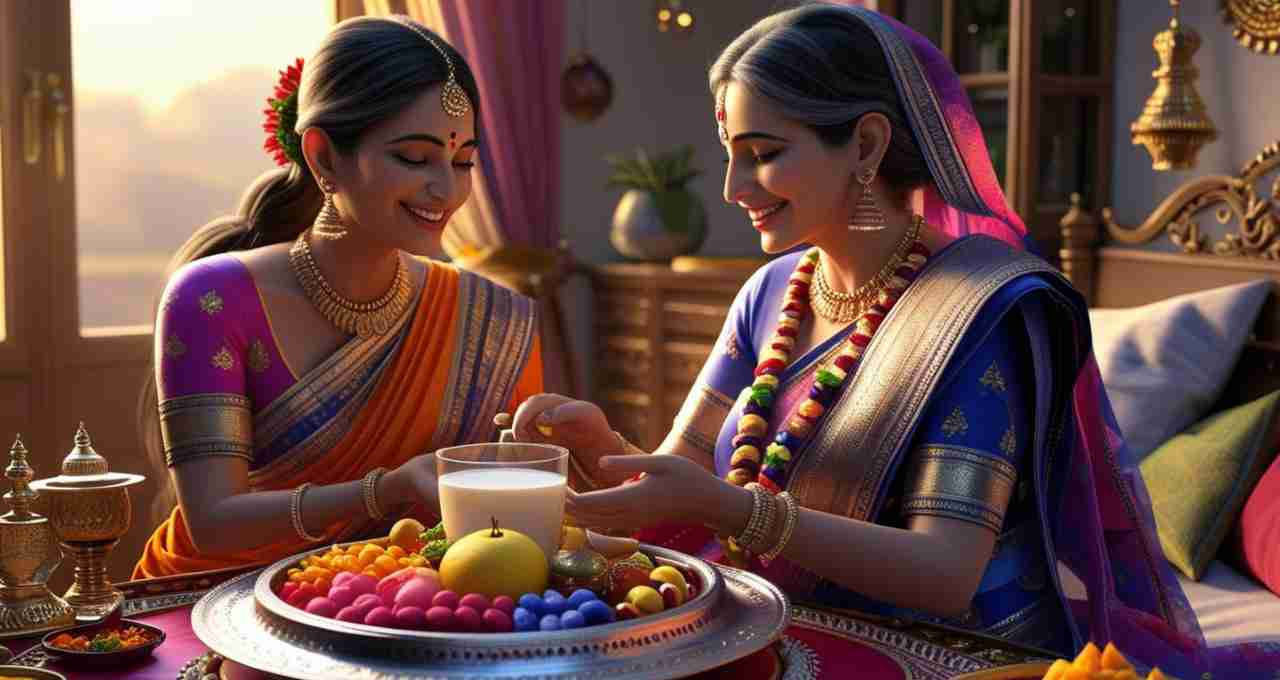
Seeing the Moon: It is believed that the moon is responsible for peace, good fortune, and longevity in the husband's life.
Looking through a Sieve: The tradition of first seeing the moon and then the husband through a sieve symbolizes that the husband is the 'moon' of life, and the woman will not shy away from any penance for his protection.
Significance of Sargi: It's not just a meal; it symbolizes the love and blessings of the mother-in-law.
Karwa Chauth is a festival that celebrates the devotion, love, and dedication of the Indian woman. It is a fast in which not only the moon shines, but also the devotion, beauty, and faith of every woman brings a lunar-like purity.
In today's world, where the challenge of maintaining relationships is increasing, Karwa Chauth teaches us that sacrifice, love, and trust are the foundation of every relationship. This festival is a testament to a woman's inner strength, mental balance, and the depth of her love.
So, on this Karwa Chauth, let us all strengthen our relationships, light the lamps of love and respect, and bow down to this unparalleled dedication of womanhood.
